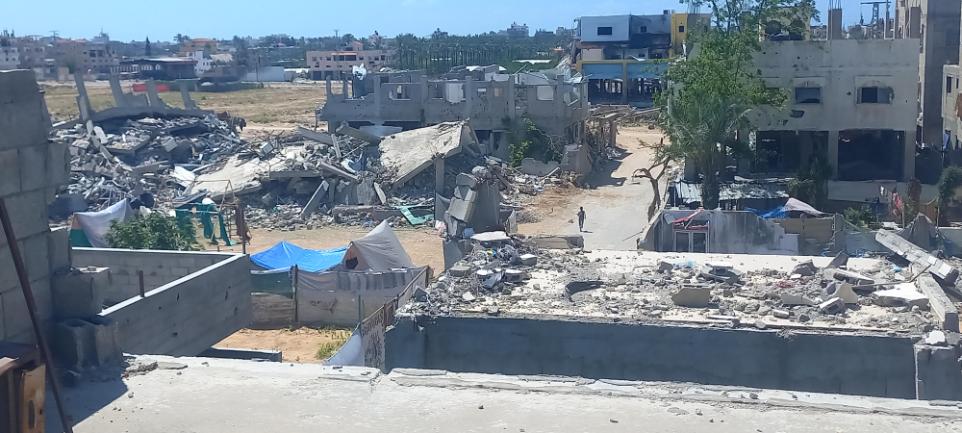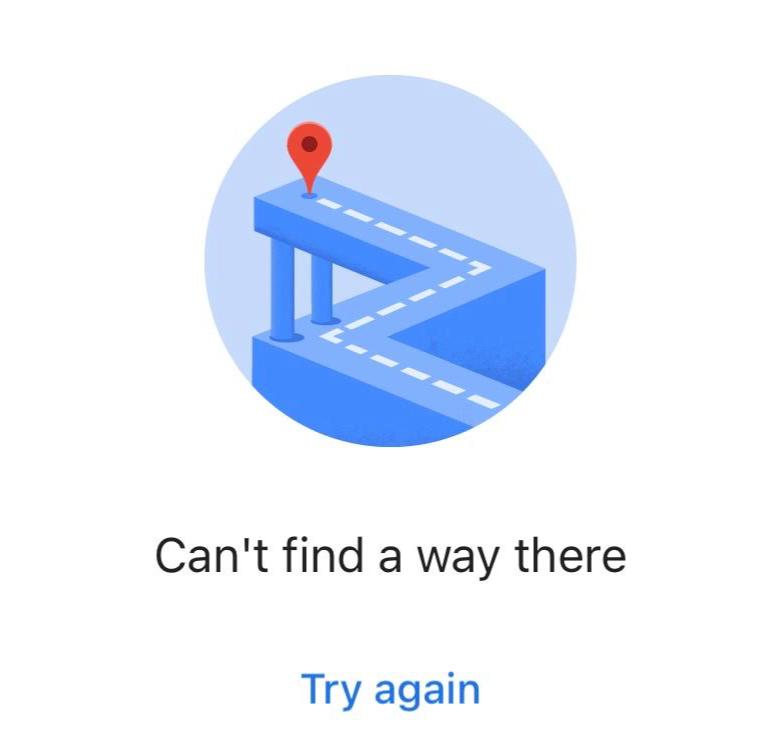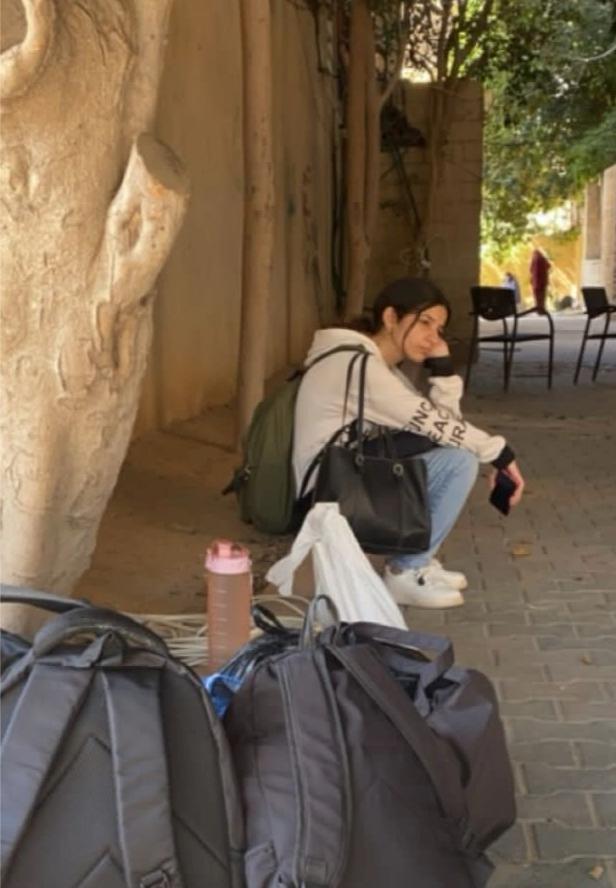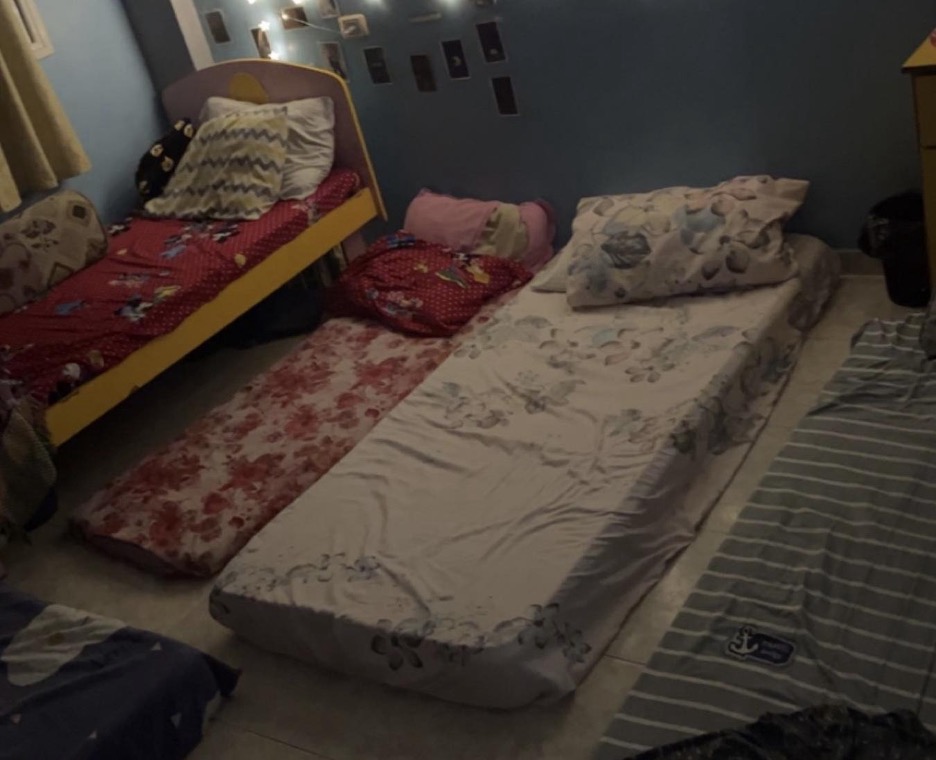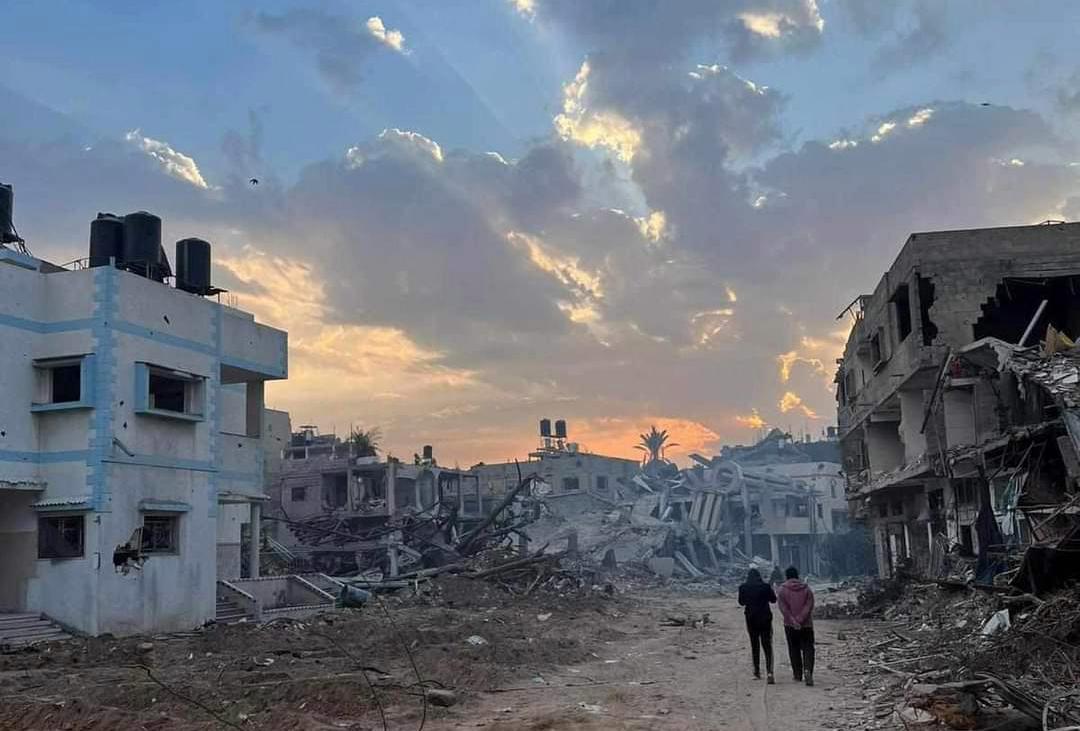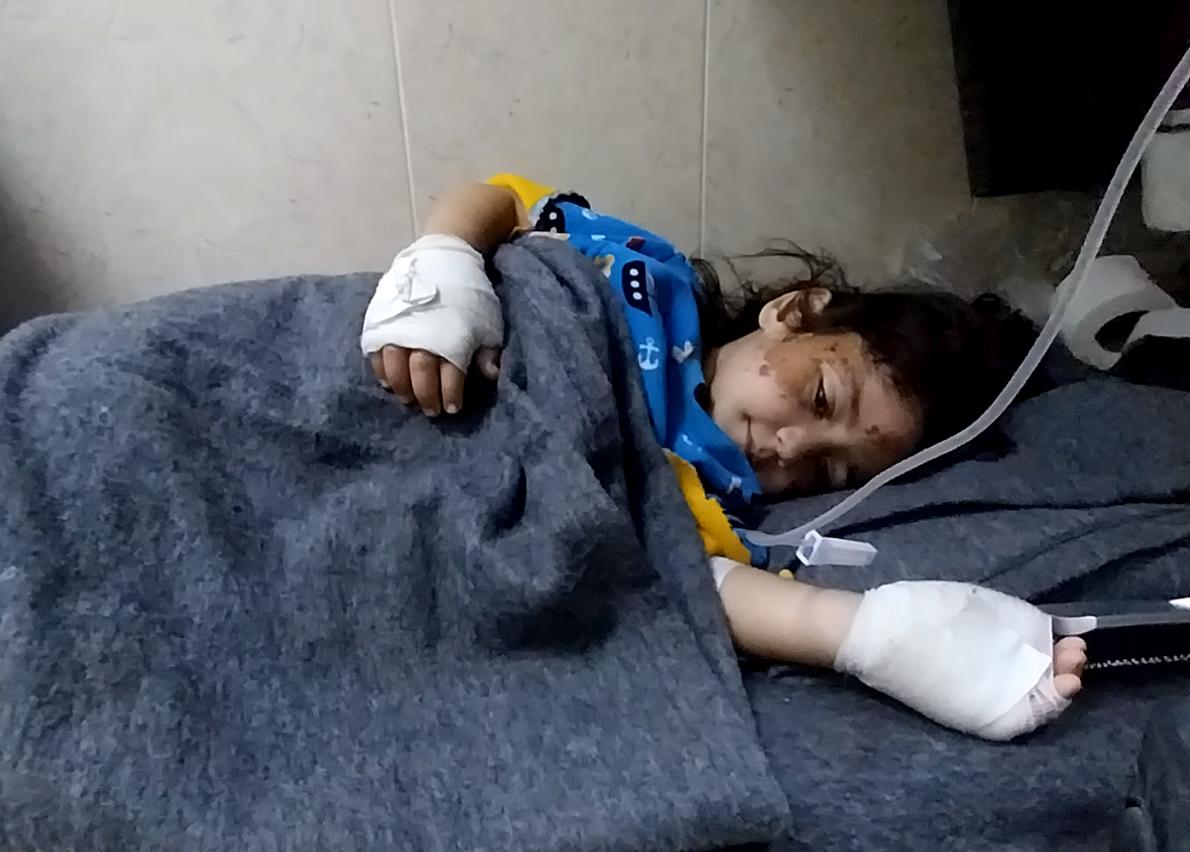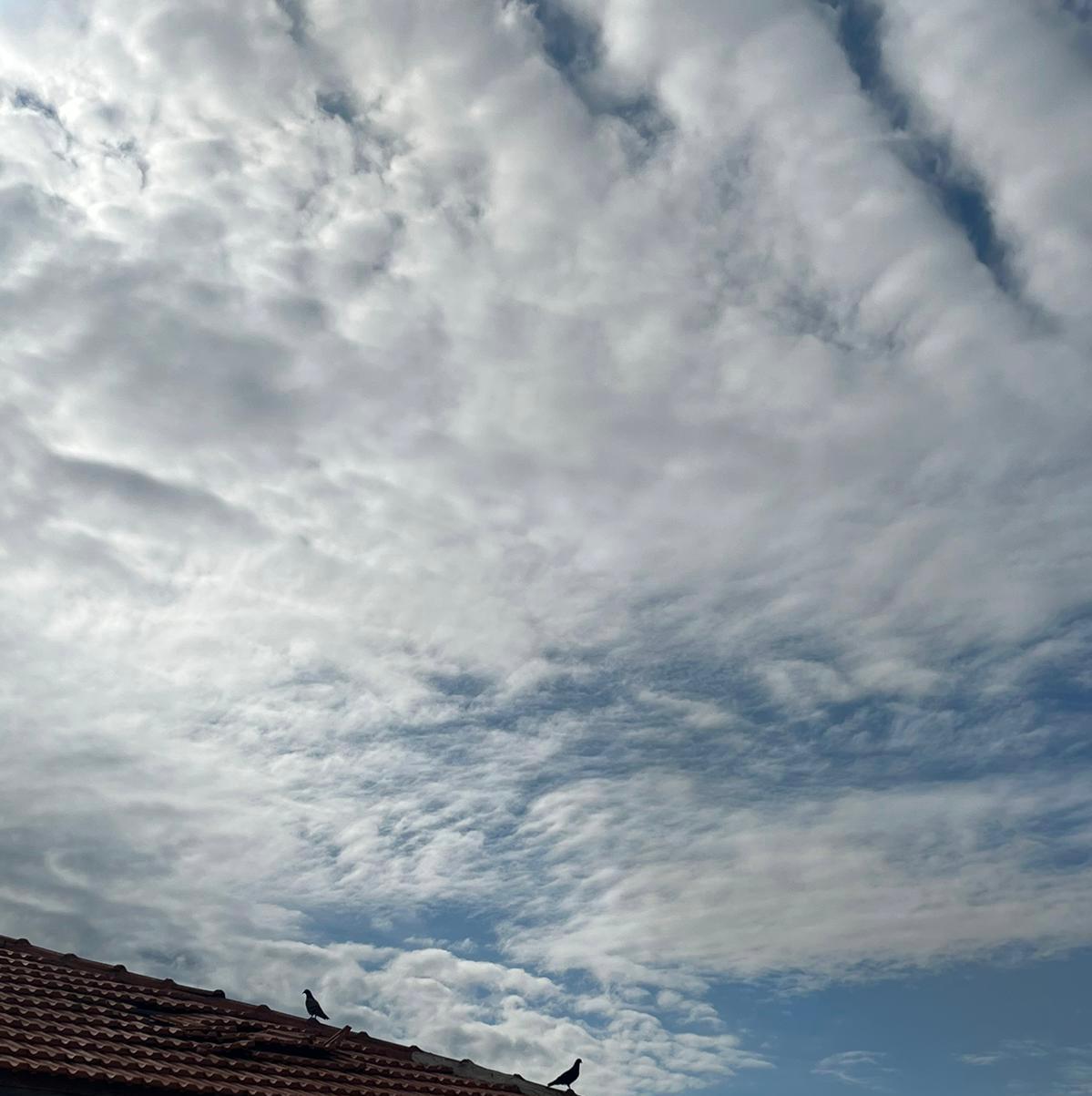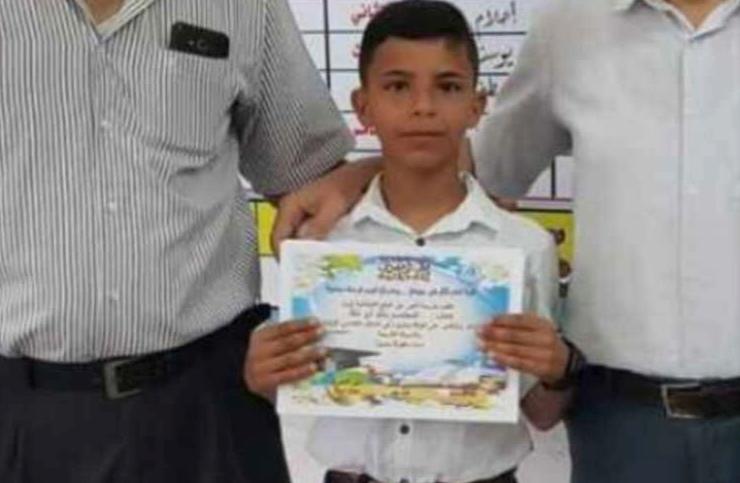Editor's note: On September 19, member nations are attending the long-awaited UN Summit for Refugees and Migrants, followed by U.S. President Obama’s Leaders’ Summit on Refugees the next day. Below is our writer Duaa Ardat's letter to attendees.
Dear delegates of the UN refugee summit:

I hear you are meeting these two days to discuss the response to what everyone calls the “refugee crisis.” Today, this year and for the last five, it is mostly the Syrians who are capturing the world’s attention. My heart breaks for them. I live in Lebanon, where more than a million Syrians have streamed across our border, and I see their fear, their poverty, their demotivating sense of unbelonging.
I not only see them, I feel them. I feel them because I am Palestinian and their existence has been my people’s existence for more than 60 years. We are the oldest of what professionals in your field call “warehoused” refugees. I’ve read that two-thirds of the world’s refugees are like me, living in perpetual limbo. In fact, the average period of displacement is 17 years.
Please, spend a little time reflecting on that, not just the immediate needs of today. Our lives, our fate are the cost of your failure to deal with the root causes of the conflicts that have torn our lives apart. Our children’s lives are shaped in tragic ways when you help us survive, but pay so little attention to dignity.
Palestinians in Lebanon have paid a heavy price because the conflict that forced us to flee our homeland was never resolved. Two million Palestinians have been living in limbo for 68 years. More than 300,000 of us live in Lebanon; in fact, most of us were born here. I was, and so were my parents. My grandparents were born in Haifa, which is now part of Israel. They were forced to leave to make room for Israel, in what we call the Nakba, or catastrophe.
But we have never been accepted here, or mostly anywhere. As a result, I am stateless, having no citizenship in any country, including the country in which I was born.
More than half of the Palestinians now living in Lebanon are packed into crowded “camps” – a euphemism for slum. You can’t imagine what life is like in one of the camps unless you live it.

Many people live in small houses with roofs that are just thin sheets of metal. With population growth, especially with the Syrians, people have been forced to live closer and closer together. When it rains, water floods the camps and sewage creeps into people’s houses. Because the power is out so often, they have to use candles at night for light. Since the municipalities are not in charge of the camps, maintenance is nonexistent.
Most Palestinians live in extreme poverty. We are not allowed to own property outside the camps, and to work in more than 20 professions. As a result, many teenagers, especially boys, drop out of school to work to support their families.
Health care is also unreliable. One of every three Palestinians suffer from a chronic illness such as hypertension, cancer and diabetes. They are not allowed to access Lebanon’s public health system. Instead they must rely on UN facilities that are understaffed and underfunded, with one doctor at an UNRWA clinic seeing nearly 120 patients a day.
Such poor conditions and so few opportunities make the camps a breeding ground for militant groups who argue that patience and acceptance have achieved nothing. These are not criminals; they are victims of the world’s neglect.
Even if we had the money, which most of us don’t because unemployment is so high, we usually can’t travel because of the refugee label we carry. Since we are not allowed to vote, we are deprived of the power to change anything.
We didn’t choose to live in such miserable conditions, and neither did the Syrians. Instead, we are forced to choose between living here, hoping futilely to return to our homeland one day, or illegally emigrating to find our dignity—even if it means risking our lives at sea. And then, you don’t want us. You build walls and more detention camps. And argue endlessly about who must take us. In the case of the Palestinians in Lebanon and elsewhere, it feels like we have been forgotten as others take our place in the news.
We don’t need empathy and verbal support. We do not want to be reduced to slogans used by politicians during election periods, or reminders to donate to charities. We don’t want to be heart-wrenching pictures that win photographers global acclaim.

We want a life with meaning. If you respect human rights, you must work toward a permanent solution and let us live in dignity in the meantime. For the forgotten Palestinians, that means finally allowing us the right to return to our homeland to live in freedom and dignity. But until that day, we deserve full rights where we live.
Yours in hope,
Duaa
Mentor: Pam Bailey
Posted September 18, 2016



